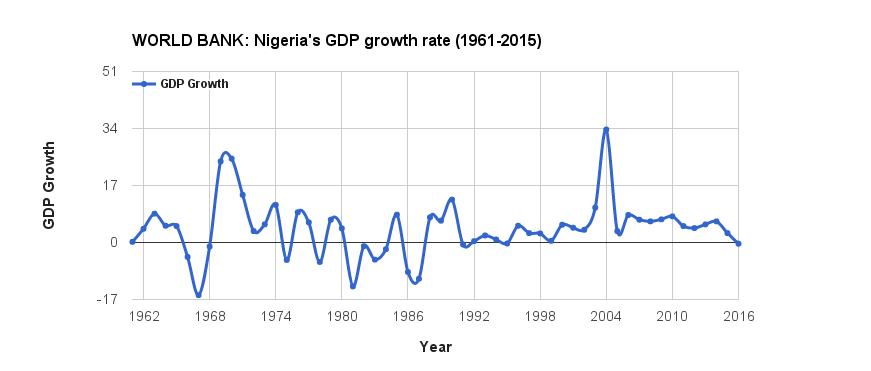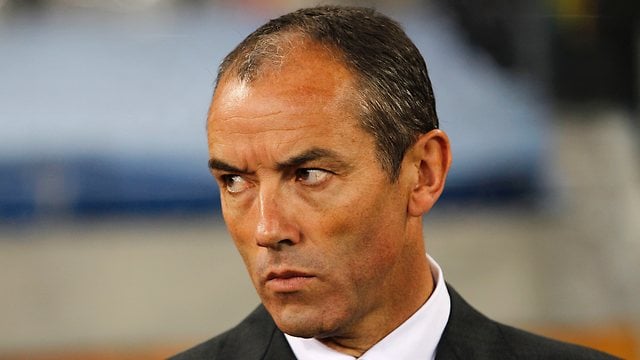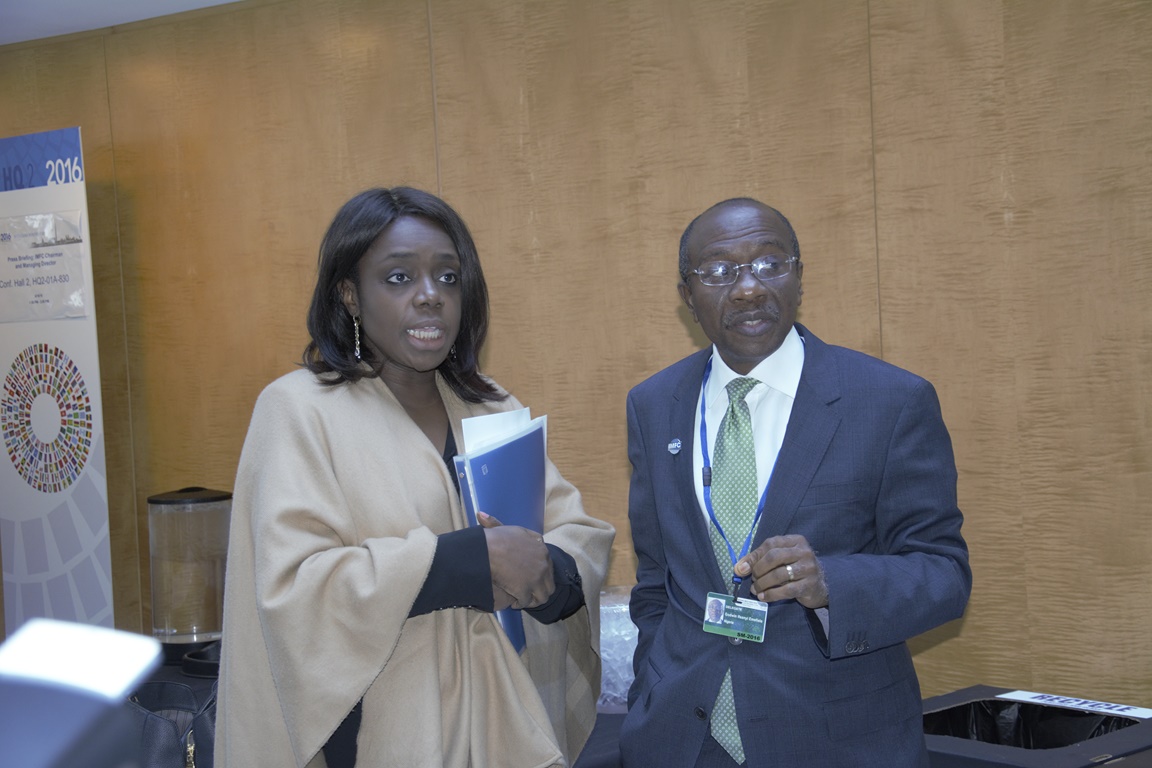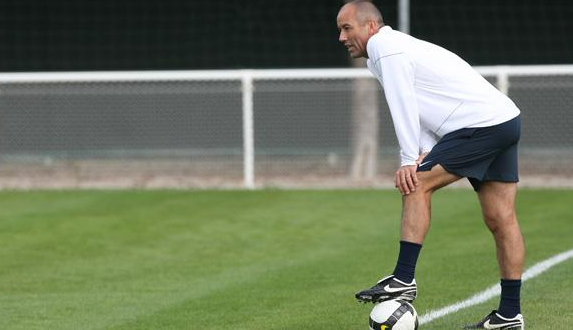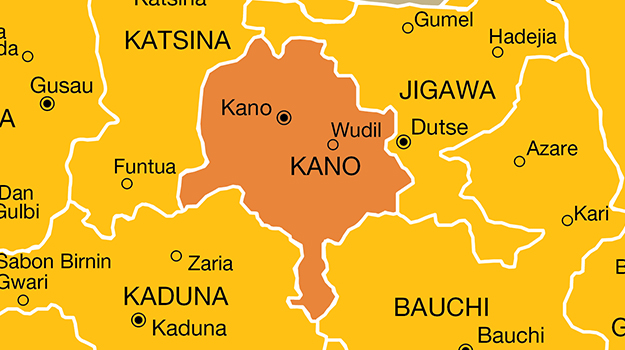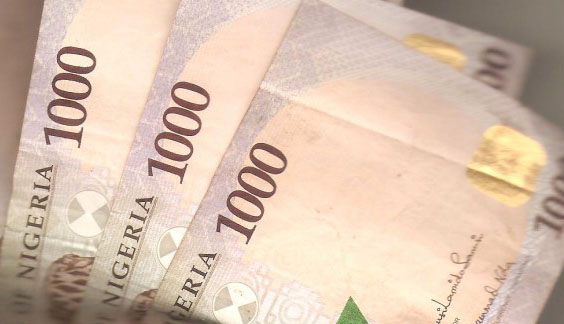The International Monetary Fund (IMF) has cut Nigeria’s gross domestic product (GDP) growth drastically, from the projected 2.3 percent in April 2016, to -1.8 percent, lowest in 29 years.
In its revised World Economic Outlook (WEO), IMF said on Tuesday that the Nigerian economy would now grow at a much slower pace than South Africa’s, which is expected to grow at 0.1 percent in 2016.
“The outlook for other emerging market and developing economies remains diverse,” IMF said on Tuesday.
“Growth projections were revised down substantially in sub-Saharan Africa, reflecting challenging macroeconomic conditions in its largest economies, which are adjusting to lower commodity revenues.
Advertisement
“In Nigeria, economic activity is now projected to contract in 2016, as the economy adjusts to foreign currency shortages as a result of lower oil receipts, low power generation, and weak investor confidence.
“These revisions for the largest low-income country are the main reason for the downgrade in growth prospects for the low-income developing countries group.”
Unveiling the revised outlook, Maury Obstfeld, IMF economic counsellor and director of the research department, said in a speech titled ‘A spanner in the works: WEO Update Opening Statement’ that the Brexit vote had thrown a spanner in economic growth.
Advertisement
FORECAST PUT GDP GROWTH AT LOWEST SINCE 1987
The IMF, after consulting with the Nigerian government on its plans for the 2016 fiscal year, put Nigeria’s GDP growth at 2.3 percent saying “exports dropped about 40 percent in 2015, pushing the current account from a surplus of 0.2 percent of GDP to a deficit projected at 2.4 percent of GDP”.
“Growth in 2016 is expected to decline further to 2.3 percent, with non-oil sector growth projected to slow from 3.6 percent in 2015 to 3.1 percent in 2016 before recovering to 3.5 percent in 2017.”
Advertisement
After the Nigerian economy shrunk by 0.36 percent in the first quarter of 2016, and further decline in global economy, the IMF said:
“The growth reduction for Sub-Saharan Africa—driven by the difficult macroeconomic situation in its largest economies, Nigeria and South Africa—has a dramatic implication: in 2016, regional output growth will fall short of population growth, implying declining per capita incomes.”
If the forecast becomes a reality in 2016, Nigeria will be seeing its lowest GDP growth in 29 years. GDP growth rate was -10.8 in 1987, according to World Bank.
BREXIT AND GLOBAL ECONOMY
Advertisement
Due to decision of the UK to pull out of the European Union, after a vote on June 23, the IMF revised UK’s growth outlook by 0.2 points, from 1.9 percent to 1.7 percent, and global growth from 3.2 percent to 3.1 percent in 2016.
“This revision incorporates projected effects of Brexit, but also other developments since April that lead us to adjust the outlook,” Obstfeld said in Washington.
Advertisement
“Naturally, the direct effects specifically due to Brexit are greatest in Europe, especially the United Kingdom. Our projections for other areas are little changed by Brexit.”
Advertisement
Add a comment


